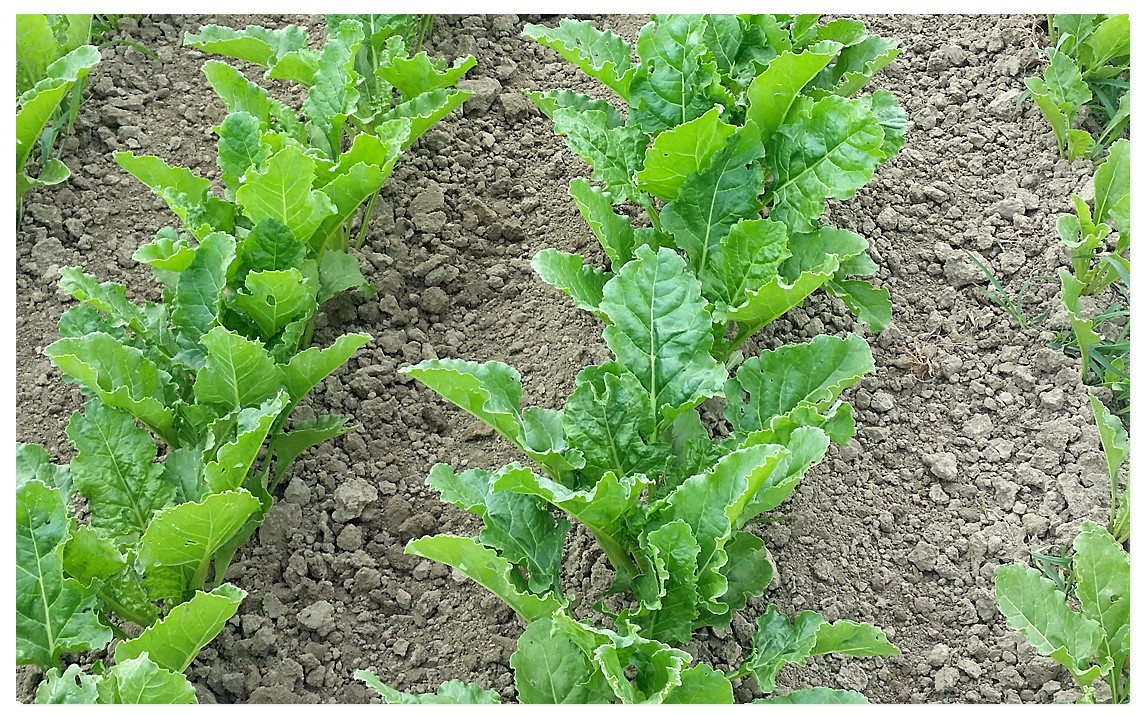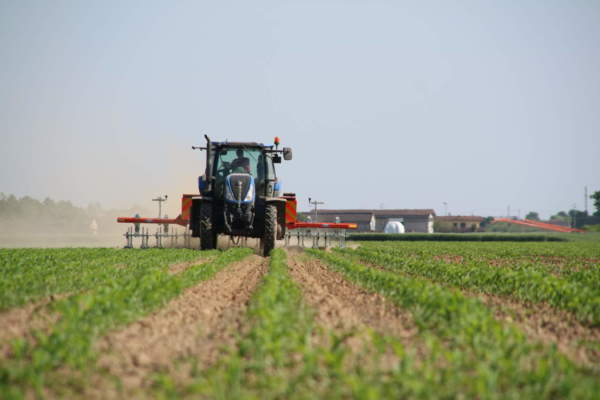
Optimization of Organic Agriculture Required for Biogas Production
In the ever-evolving landscape of agriculture, agronomists, bio-gas plant production companies, and farmers are constantly seeking innovative solutions to enhance crop yields, reduce the use of chemical fertilizers, and preserve the environment. In this context, the use of digestate as a natural fertilizer and energy crops for biogas production has gained significant importance. However, addressing challenges related to weeds and environmental commitment demands cutting-edge equipment, such as the Rotosark weeder produced by Oliver Agro.
Role of Digestate and Energy Crops
Digestate, a byproduct of the anaerobic digestion process for biogas production, has proven to be a highly effective natural fertilizer. It contains essential nutrients like nitrogen, phosphorus, and potassium that enhance soil fertility. This is particularly advantageous for organic agriculture, as it reduces reliance on chemical fertilizers and improves soil structure. In 2018, the Italian Biogas Consortium (CIB) and FederBio established guidelines for the use of digestate in organic agriculture, thus promoting a sustainable approach to crop management.
Energy Crops for Biogas Production
Energy crops like maize, sorghum, and triticale serve as valuable raw materials for biogas production. Maize silage, in particular, has shown high efficiency in biogas production due to its good harvestability and yield. However, cultivating these plants requires special attention to weeds, as the use of herbicides is undesirable in biogas production.
Rotosark Weeder and Organic Cultivation of Maize, Soy, and Organic Beet for Digestate
The Rotosark weeder, developed by Oliver Agro, presents itself as a valuable tool to tackle the challenges of cultivating crops such as maize, soy, and beet. Since herbicide use is to be avoided, a reimagined approach to weeding is necessary. The Rotosark weeder stands out for its ability to work even on compact soils, providing an alternative and eco-friendly solution to traditional chemical weed control methods.

Example of Costs Consideration:
Conventional Sugar Beet Cultivation
For conventional sugar beet cultivation, the costs include:
- Equipment:
- Herbicide application cost: €315/ha
- Conventional weeder: approaching plants at 10-15 cm
- Tractor with RTK automatic guidance: three weeding passes of about 1.14 h/ha, machine depreciation cost around €26.67 + €16 per tractor operator
If there are no resistant weeds, there are no additional costs. However, if there are resistant weeds, labor is needed for weed removal, which could be around 85 h/ha = €1,275 per hectare in addition to the previously listed costs.
Organic Sugar Beet Cultivation
For organic sugar beet cultivation in 6 rows at 45 cm, the costs include:
- Equipment:
- Rotosark weeder: approaching plants at 1-2 cm, reducing labor by 90-95% per row
- Tractor with RTK automatic guidance: three or four weeding passes of about 1.14 h/ha, machine depreciation cost around €35 + €16 per tractor operator
The Rotosark weeder is used when the plant is just grown or stable in the soil, 7 days after transplanting or 10 days after sowing. Preventive action is key. Assuming the depreciation of a fixed-frame weeder machine is around €35/ha and the labor needed for weed removal is only for the row, around 5-10% of the cost listed earlier
Advantages of the Rotosark Weeder
The Rotosark weeder proves highly beneficial for modern agriculture. Compared to existing equipment, it offers several advantages:
- Efficiency: Significantly reduces the need for weeding labor through interrow approach.
- Sustainability: Eliminates the need for chemical herbicides, contributing to environmental preservation.
- Reduced Costs: Optimizes maintenance and operational costs, ensuring a higher return on investment.
- Adaptability: Can work on compact soils and across different crops, adapting to agricultural needs.
Conclusions
Organic agriculture and biogas production are constantly growing sectors driven by the necessity for sustainable and efficient farming practices. Digestate represents a valuable resource for soil fertility, while energy crops fuel biogas production. The Rotosark weeder aligns perfectly with this context, providing an innovative and sustainable solution to address the challenges of modern agriculture. With its targeted approach and reduction in herbicide use, the Rotosark emerges as an indispensable ally for agronomists, biogas plant production companies, and farmers committed to optimizing their farming practices.
For further information:
